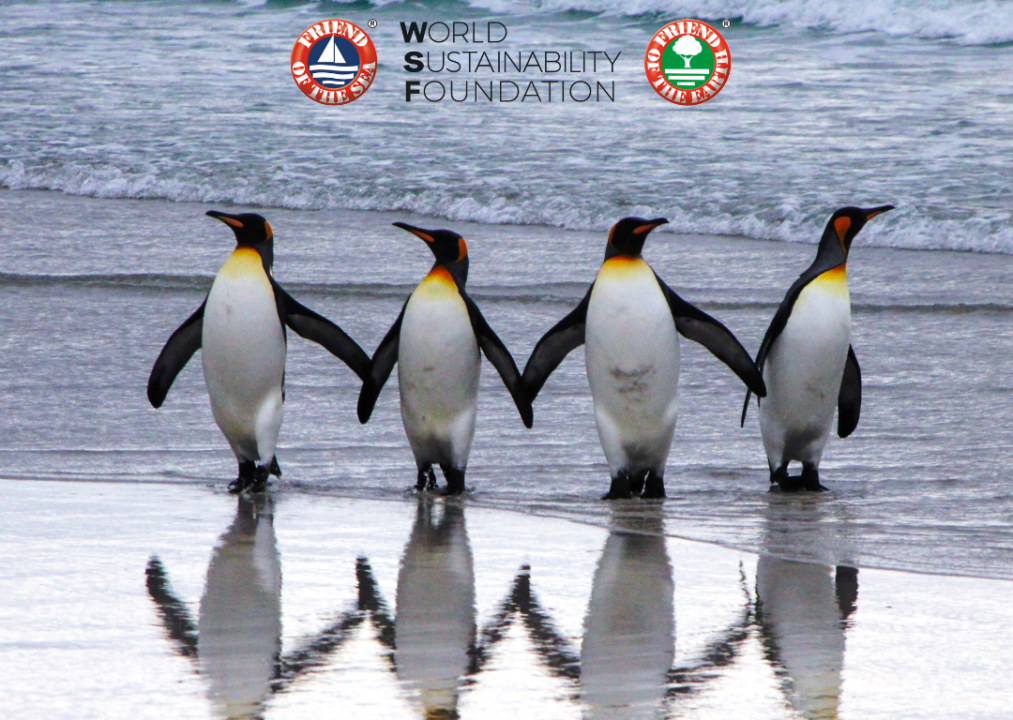World Penguin Day, arriving on January 20th, stands as a rallying call for the protection of these remarkable marine creatures. Penguins, belonging to the family Spheniscidae, embody nature’s resilience, evolving from flying ancestors into agile swimmers equipped with hydrodynamic bodies, real fins, and water-repellent feathers that help regulate their body temperature.
Their adaptations include dense bones and feathers resistant to water absorption, enabling them to navigate the waters effortlessly. Penguins, social by nature, form colonies and communicate through various methods, highlighting their social complexity.
Reproduction and Habitat
Penguins’ reproductive life varies across species, typically occurring between 3 to 8 years of age, depending on the species’ size. Mating rituals involve courtship displays, nest preparation, and mutual exhibitions, fostering enduring bonds between mates. They return annually to the same territories, guarding nesting areas and seeking their mates.
Penguins inhabit diverse territories, predominantly oceanic and coastal regions of the southern hemisphere. Their diet primarily comprises fish, crustaceans, and mollusks.
Conservation and Threats
Numerous penguin species face endangerment, listed by the IUCN due to threats like climate change, habitat loss from glacier melting, oil spills, and by-catch from commercial fishing. The World Sustainability Foundation supports ‘Penguin Rehab & Release’ in Tasmania, aiding in rehabilitating injured seabirds for their eventual release.
Among Tasmania’s penguin species, the Little Blue Penguin stands out as the smallest globally. These steel-blue penguins, found in Tasmanian seas, Australia, and New Zealand, mate at four years old and return nightly to their beach refuge after fishing trips.
A Call to Action
In occasion of World Penguin Day let’s champion penguin conservation efforts. Your support is crucial in safeguarding these remarkable creatures from the perils they face. Through partnerships like ‘Penguin Rehab & Release,’ we strive to ensure the survival of these precious species.
Five Fascinating Penguin Facts
1. Penguins are covered with down when they hatch and are cared for by their parents until fully developed.
2. They possess a gland that filters saltwater, enabling them to drink it.
3. Female penguins can gauge a male’s body fat through their sound, predicting their ability to care for offspring.
4. Despite their wing structure, penguins cannot fly.
5. Most penguins return to their natal colony when they reach breeding age.
This World Penguin Day, let’s unite to protect these remarkable beings. Your contribution matters in ensuring a future where penguins thrive in their natural habitats, safe from the threats they face today.
For more information visit




